Cheng Lei: The books that saved me during my imprisonment in China
Australian journalist Cheng Lei’s torment was made bearable through the escapism of the written word: ‘My world had nothing but nothingness. Books were everything.’
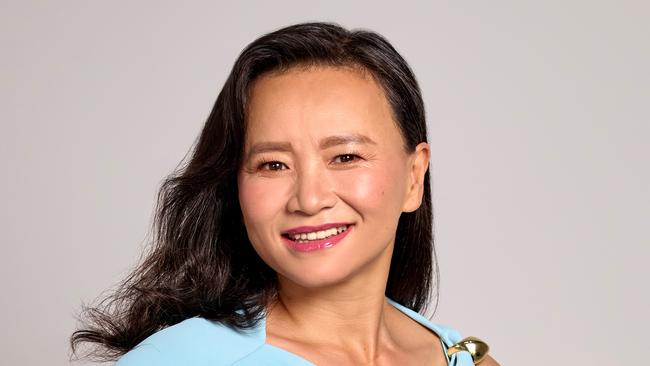
‘It’s been two weeks since the embassy visit. Why hasn’t the book been through censor review yet? What book will it be? Oh please let it be something densely printed, something to ease the pain. Who’s on duty today I wonder? I wonder if I can get the guards to ask if there’s a book for me? Do I hear footsteps?”
That was me, Cheng Lei, the book beggar, waiting for an injection of “word morphine” during the first months of my incarceration in 2020, when I had to sit, upright and motionless, in a chair, for 13 hours a day.
Disappointment was constant, so when I finally got a book, it was handled with reverence, sighing with restrained ecstasy as I opened the escape hatch that was the precious pages.
Just like the body is adept at finding and absorbing nutrients it desperately needs during famine, so the mind seizes on what it lacks in order to stave off madness.
My world had nothing but nothingness. Books were everything. The sameness of the blue curtains in the prison morphed into exotic locales and adventurous journeys. The silence was replaced by birdsong, witty dialogue, the rhythm of prose. Instead of being stared at by two guards in a padded cell, I was on a Puerto Rican beach drunk on rum with Hunter S. Thompson, walking along Balzac’s austere streets of provincial France, watching gingham and satin tumble from the sewing machine in Rosalie Ham’s The Dressmaker.
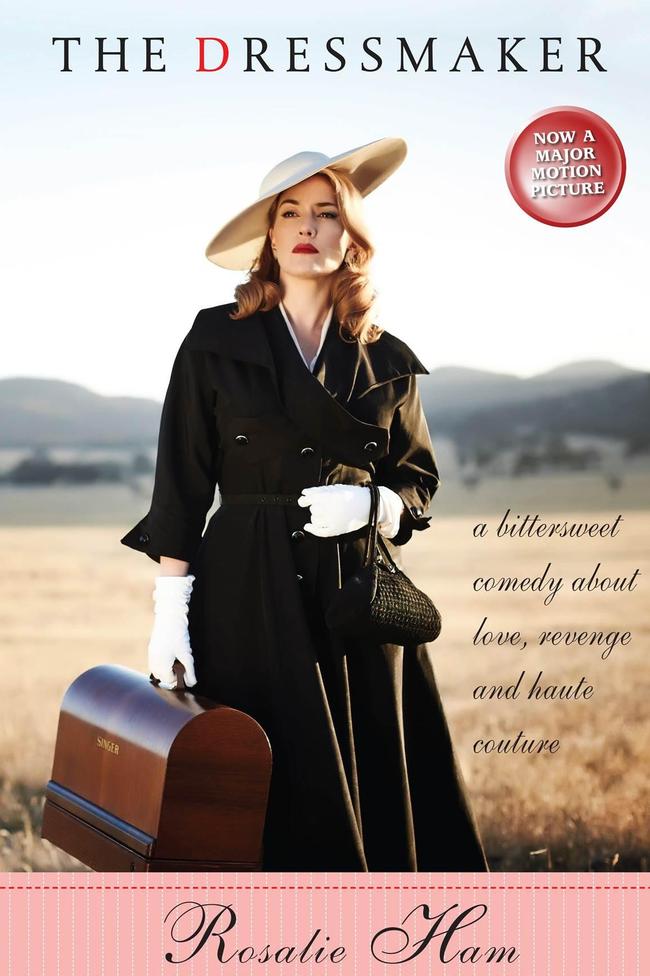
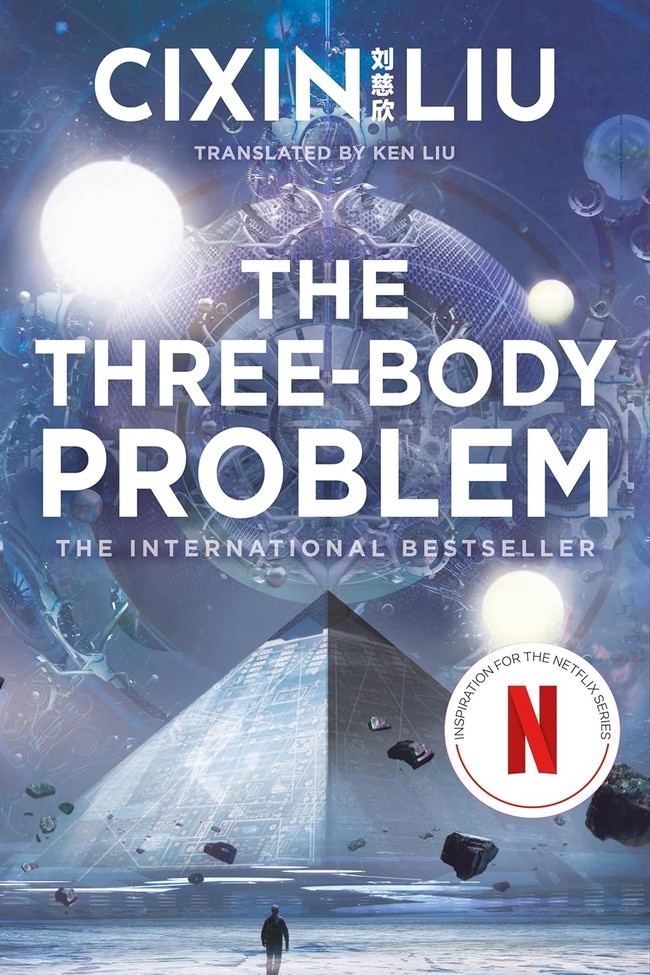
When the desire to fly away was intense, holograms appeared, as my mind processed the words.
I was not just reading. I was subsumed by another world. I could almost become one with the paper. But only until the end of the day, when the book had to be taken away.
Six months into my ordeal, I was transferred to a cell with three others. In a luxurious upgrade, inmates were allowed three books inside, and four more in the locker outside the cell. Any extra books were taken away. To get books back from storage, one had to grovel.
The Chinese like to say “those who steal books are not thieves” and where books were concerned, I had no dignity. I always sweet-talked Ms Liu, the officer in charge of books, in the hope of getting more, and so that she wouldn’t deny my requests. Once, when I was writing down the books I wanted, she had a change of heart, abruptly ripped the paper from me and walked off. It would be weeks before I got to have another go at pleading.
Besides the escapism, books were also the bond between my loved ones and me. Family and friends would send the books I asked for to the Australian embassy, and consular officers would try to bring them to the detention centre. Censors would review them and I would (if I was lucky) get them a few weeks later.
Books on geopolitics were banned, but when I wrote to my mum that I had read a Chinese book called 2018 by Liu Cixin (author of The Three Body Problem), saying the sci-fi stories had soothed me because the possibilities made my predicament seem not so desperate, she went to the local library to borrow the same book.
When my daughter was reading Colin Thiele’s Storm Boy for school, I was delighted to discover that I also had access to it, so I could imagine her face reading as I took in each line.
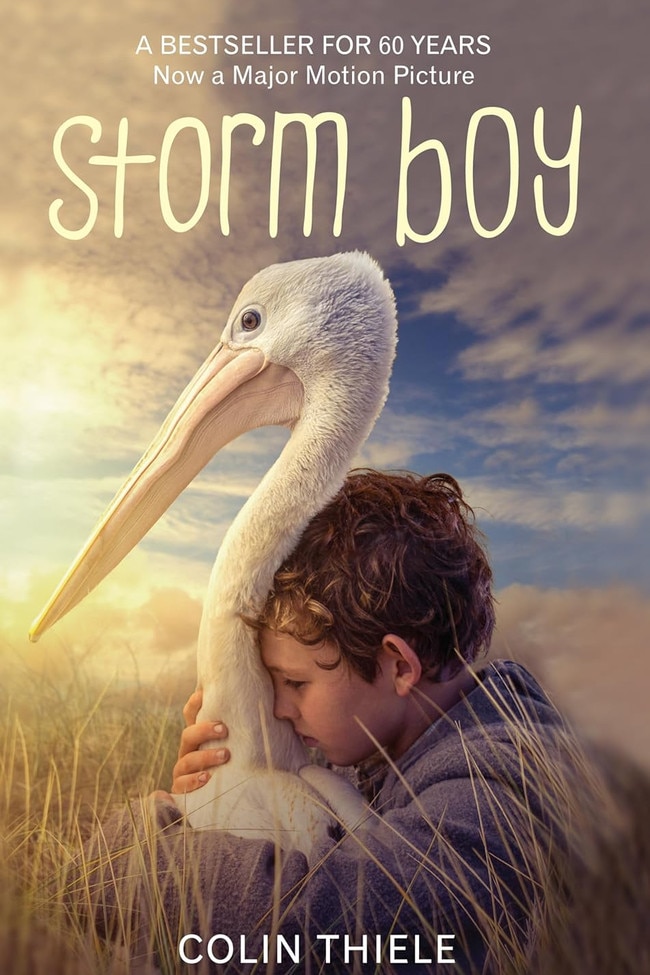
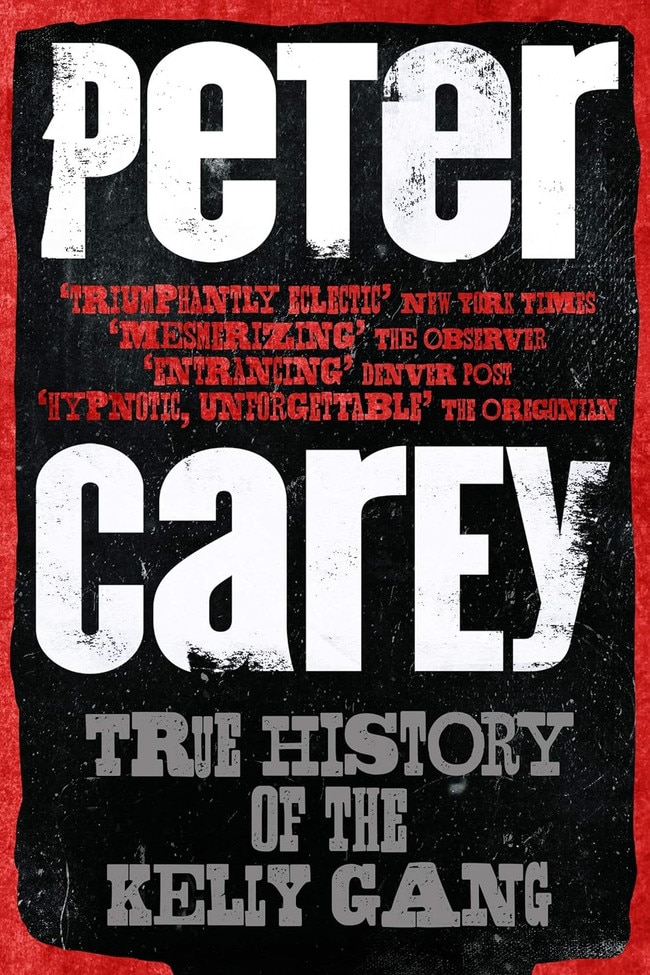
I adored getting hold of Australian books. Even place names like Bacchus Marsh triggered a rush of pleasure. I mouthed Ned Kelly’s speech in Peter Carey’s True History of the Kelly Gang as if I was the famous, bearded bush outlaw. I clutched my sides with longing reading Belinda Missen’s A Recipe for Disaster, a book about a baker decorating cakes with native flowers. Aussie poems brought me to tears.
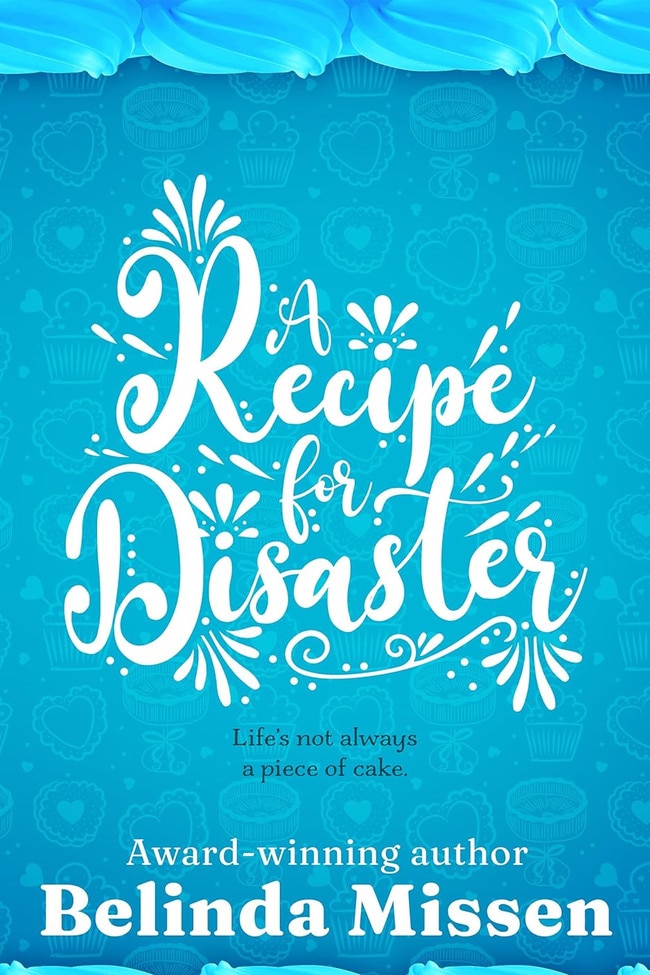
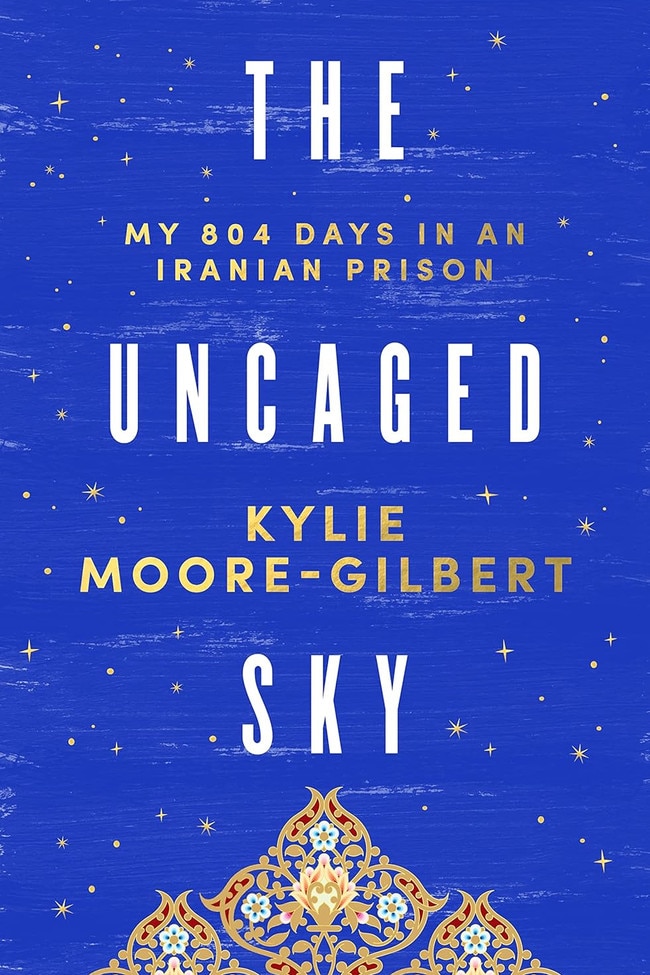
I am often asked how I endured the sensory starvation of prison. Discipline was crucial. Books were my mental gym. I memorised everything I could get my hands on: the names of countries and capitals in the atlas, vocabulary in language textbooks, factoids in dictionaries.
On lucky days, there were book sales. We had a few minutes in which to choose titles from a trolley parked at the cell door. The pickings were often slim. One time, I spotted a Stephen Curry biography for my sports nut cellmate. She bought it and was rapt. For days, she shared technical basketball knowledge with me, her usual grumpy face glowing.
Any book through which we could see our misery differently was helpful. History made our suffering seem like nothing. Philosophy taught us all the ways to embrace suffering, poetry made suffering beautiful, and faith was the ultimate aid for suffering.
Prison memoirs offered the warmth of kindred spirits, especially books by fellow Australian detainees. I cried with Kylie Moore-Gilbert (The Uncaged Sky) as she was brutally betrayed while imprisoned in Iran by the doctor she entrusted to send out a precious message. I laughed at Peter Greste’s herb growing (The First Casualty).
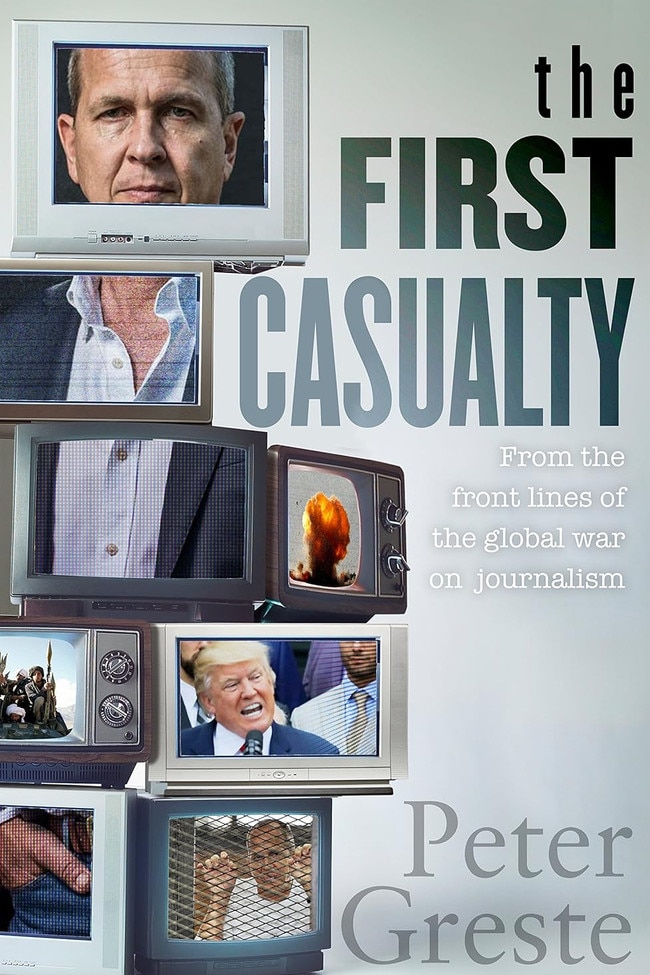
In a life of suffocating cohabitation, finding something new to talk about with cellmates was a breath of fresh air. Thanks to the books, which we shared, we could have lively debates, learn rare words, recite lines, even act out passages from Fawlty Towers (John Cleese would have loved our Cantonese-accented Basil).
Books were also the vehicle for the highly taboo act of inter-cell communication. One inmate next door was able to send messages via books that wowed us with ingenuity. We never met in person but I’ll never forget the friendship. Those books and others found to have been tampered with were confiscated to prevent anyone smuggling out writing.
But they couldn’t confiscate my memory. So I’ve now written a book of my own, an account of those years in prison, with my children back in Australia. I was able to write it, in part, because of the 300 books I read, which formed the richest part of my Spartan existence. My book is a very, very humble offering to the god of words, in the hope that perhaps it will find its way to others in need, especially book beggars, like I was.
Cheng Lei: My Story will premiere on Sky News Australia at 7:30pm on Tuesday, June 3.
Cheng Lei: A Memoir Of Freedom by Cheng Lei will be published by HarperCollins on Wednesday, June 4.
About Cheng Lei

Cheng Lei, 49, is an Australian journalist who worked for nine years as CNBC’s China correspondent. She was arrested in China on suspicion of “illegal activity” in 2020 and detained until October 2023. The International Federation of Journalists said her detention was “without cause or reason”. Now home in Melbourne, she works as a presenter and columnist at Sky.



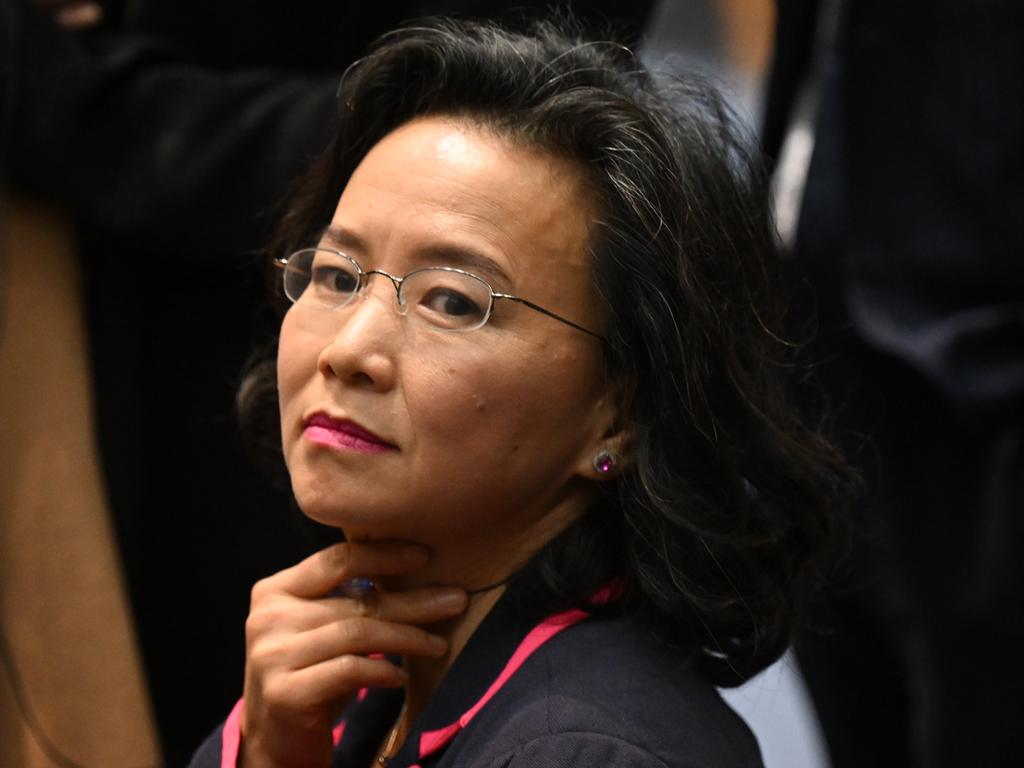

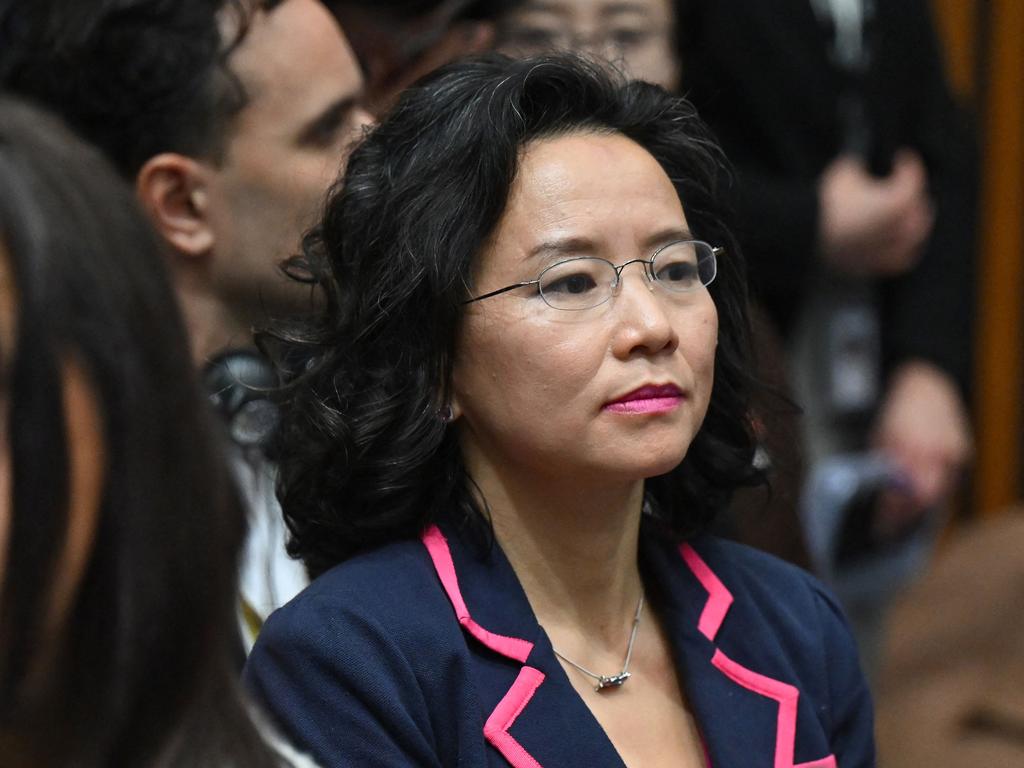
To join the conversation, please log in. Don't have an account? Register
Join the conversation, you are commenting as Logout